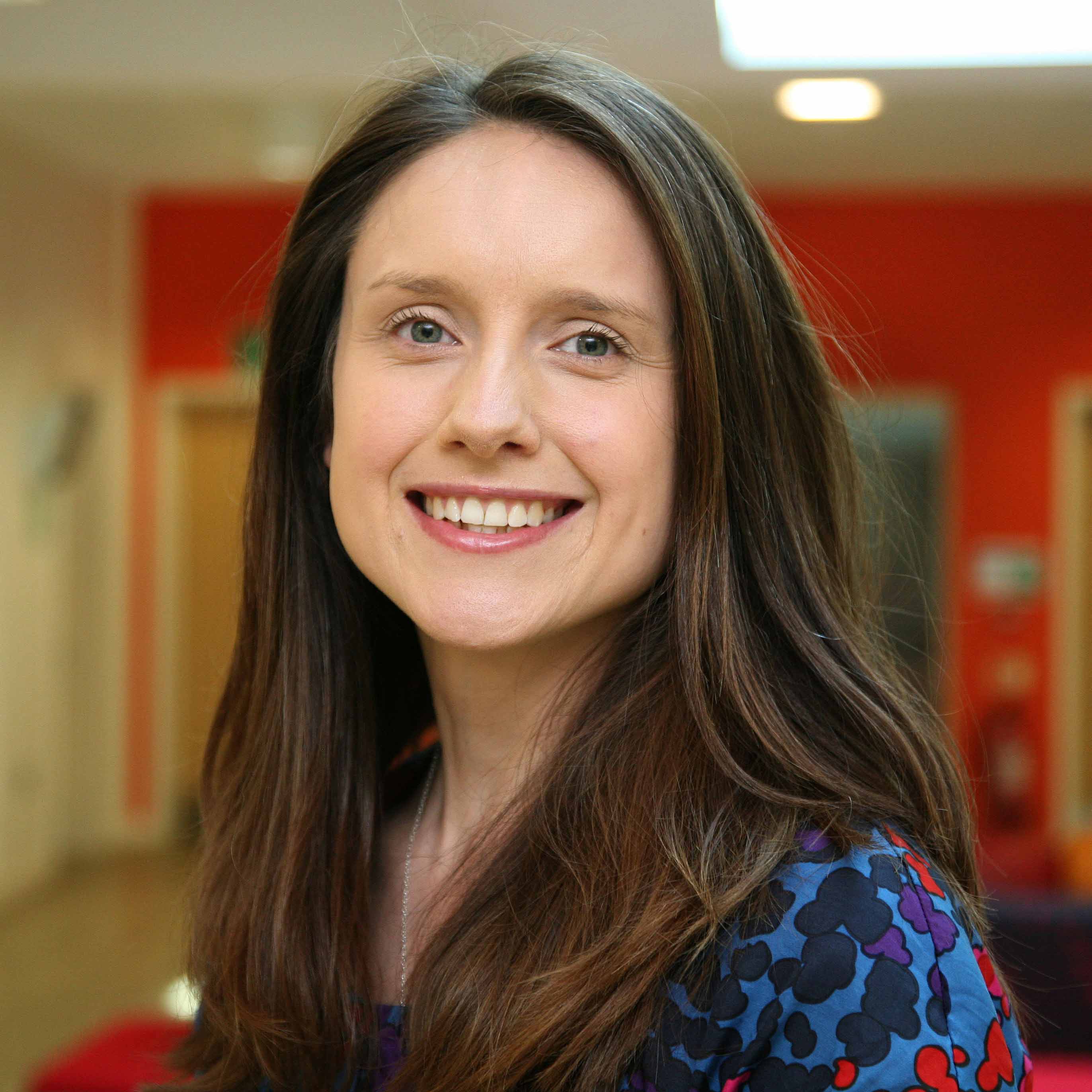BBC World has just called asking you to comment on a breaking news story and you’ve tentatively said yes but now what? How can you make sure this interview is a success and doesn’t go viral for all the wrong reasons?
Simple, follow our tips for an engaging and effective broadcast interview.
Ask questions and decide what you’re comfortable with
Agreeing to give an interview is a contract, and there are things you’re entitled to know. Make sure you know if it’s live or pre-recorded, what time it will be broadcast, if you need to go to a studio or access specific technology?
Ask why they want you; if you’re the only guest and if not, whether they want you to interact with others; and whether they’re looking for a specific angle.
Remember, you might not be interviewed by the person who’s booking you, that’s normally a researcher or producer. Ask who the interviewer is and be prepared for curveball questions - presenters often have their own ideas.
If there’s something you’re not comfortable with, say so.
Live v pre-recorded
Both types of interview have their benefits and we know academics sometimes develop a preference.
Live interviews are great because the added pressure focuses the mind, it’s all over in one go, and your first response is usually the most natural. But sometimes the pressure is too much.
Pre-recorded interviews give you a little more time to think, and if you could have answered a question better, you can ask to do it again. But remember, you’ll be subject to editing.
Prepare your top lines
Broadcast interviews are really short, usually only three to four minutes on a news programme, so you won’t have much time to get your point across.
Don’t be too ambitious – you only need one top line message, and two additional messages that you’d like to deliver if there’s time.
Know your audience
Once you know your top line, think about how you can tell your story in an engaging way.
Your research paper might have received plaudits from the top names in your field but why should the man or woman on the street care?
Think about your story from their perspective, and remember, the listeners aren’t experts. You need to explain your findings concisely and accessibly, avoiding jargon. Imagine you’re explaining it to your neighbour.
No one will ever stop listening because you’re speaking too simply, but they will stop listening if they don’t understand you.
On air
Warm up your voice and drink some water beforehand.
Listen carefully to each question and take a moment before answering.
An ideal answer should deliver your top line, or another key message. Don’t be afraid to repeat your point to get it across and make it relatable by including a real-world example or anecdote.
When you’ve answered the question, stop. It’s not your responsibility to fill a silence.
How do I look?
If your interview is for tv there are a few extra things you need to think about.
Be well dressed but comfortable. What you usually wear to work is normally best. Avoid small prints and stripes which vibrate on screen, and be wary of green, it could cause you to disappear if a green screen is used!
You should be passionate about your subject so if you’re usually expressive that’s okay, but be aware that wildly flailing arms can be distracting.
Sit up straight and don’t fidget.
Are you the right person? Yes you are!
You don’t have to be the world’s top expert to give a media interview. Broadcasters want reliable and engaging interviewees, not the most published.
You will always be more expert than the audience so don’t be afraid to turn your hand to stories outside your top area of expertise.
If you really don’t think you’re right for an interview, suggest someone else – helping a researcher or producer means they might remember they owe you a favour in future.
Don’t forget
We have a dedicated team of communications experts ready to help you all the way. Contact us.
Worried about dealing with difficult questions? We’ve got a blog for that.




